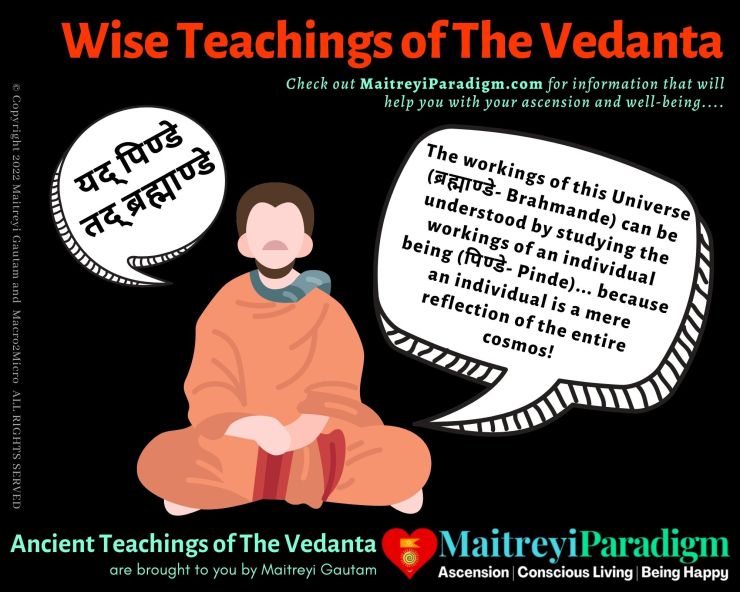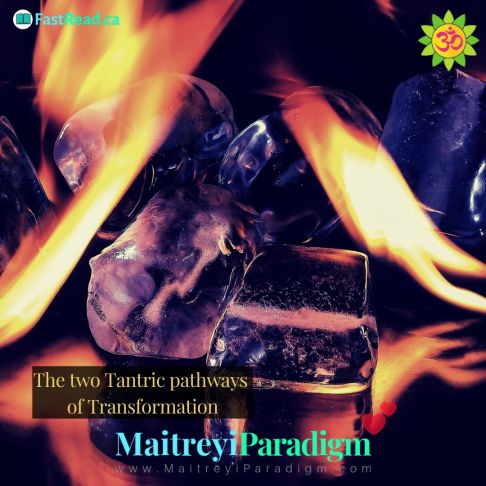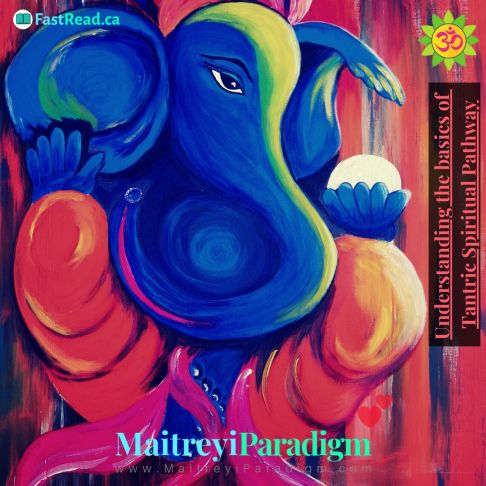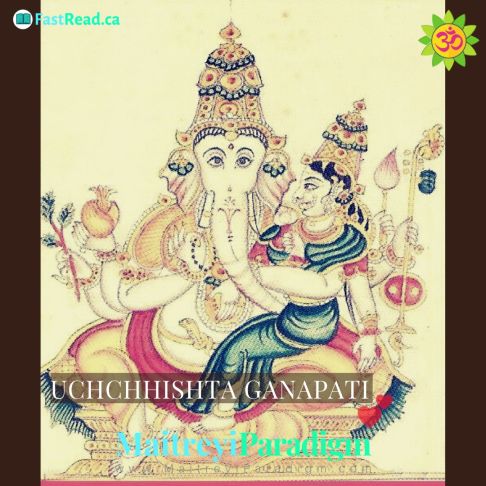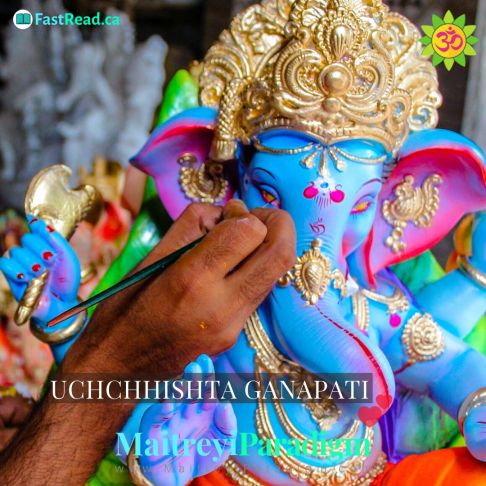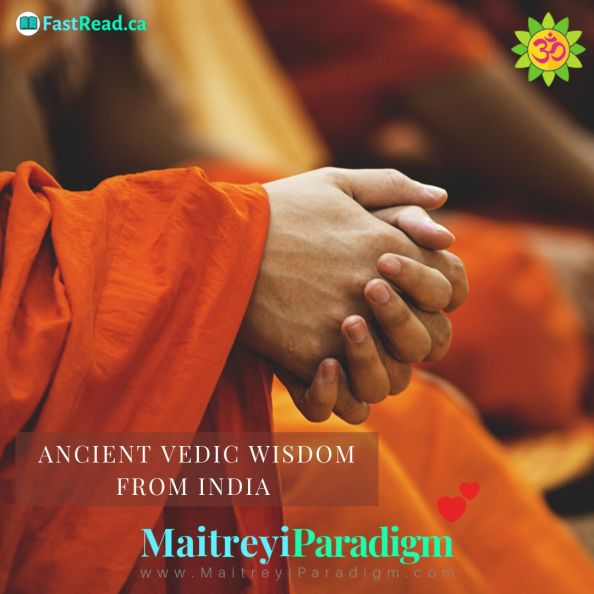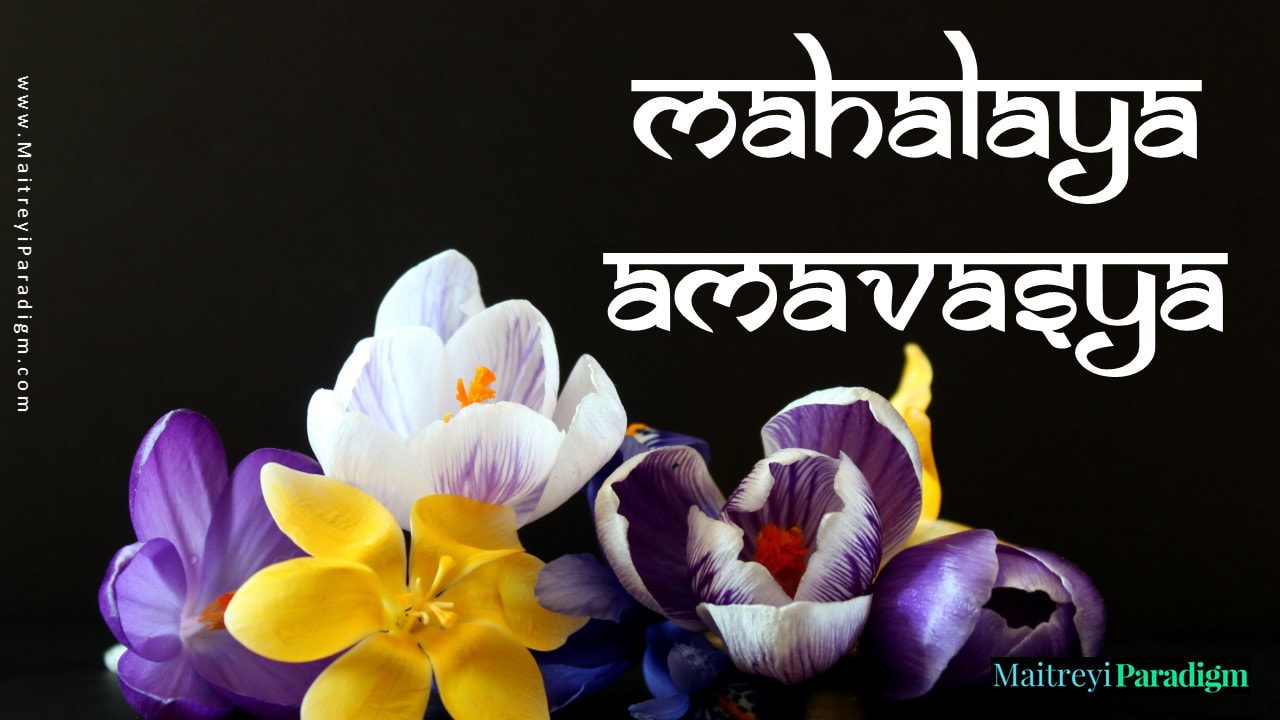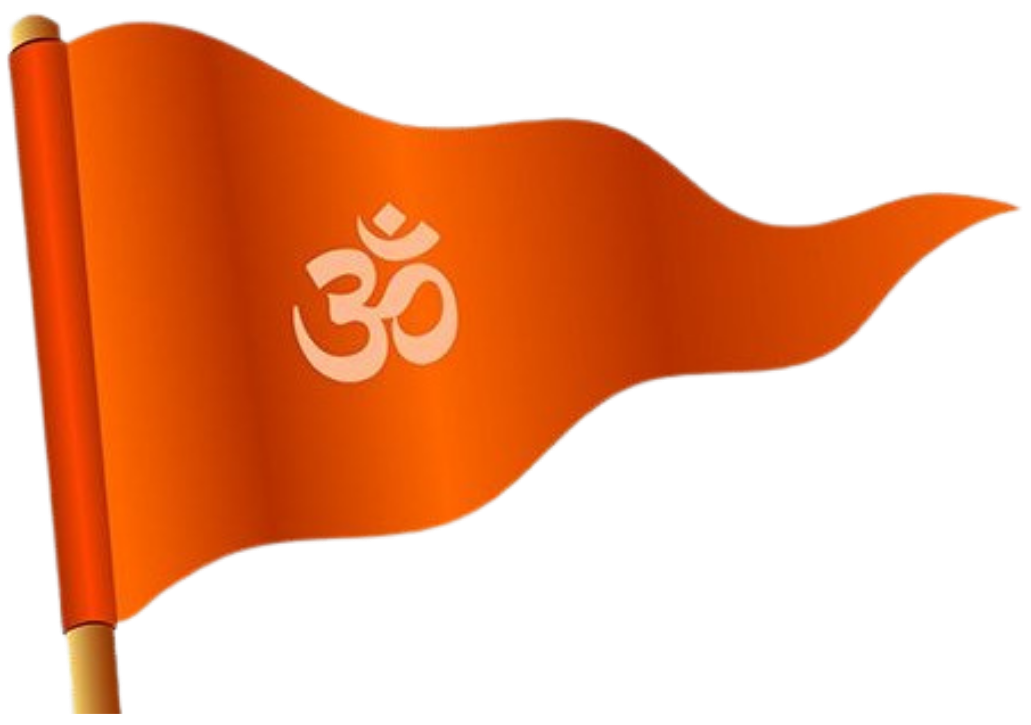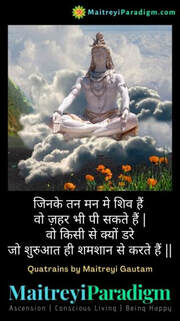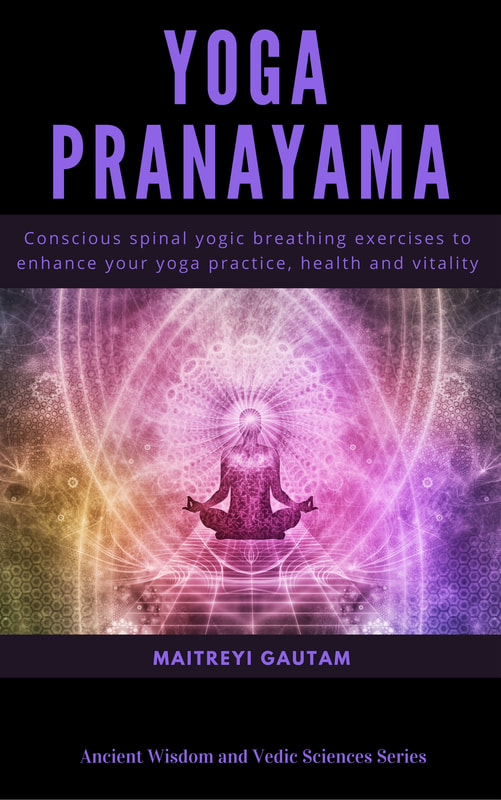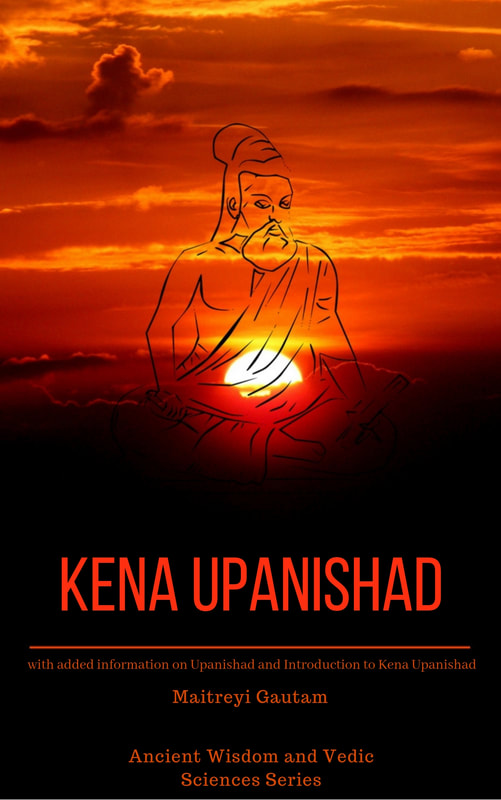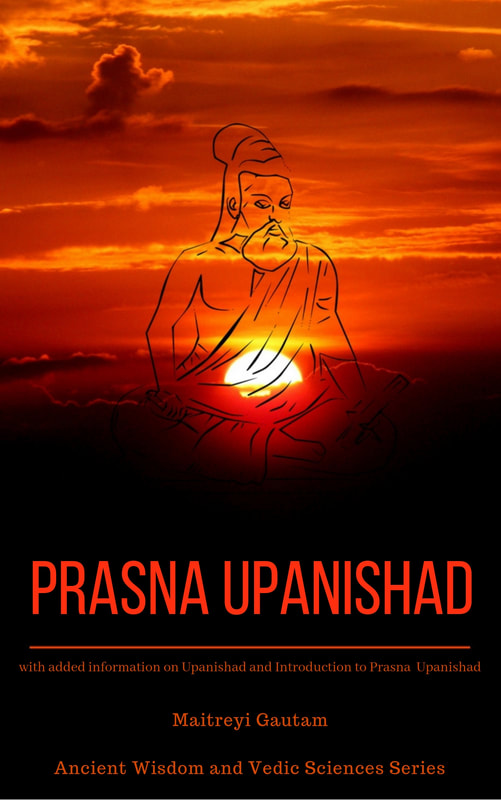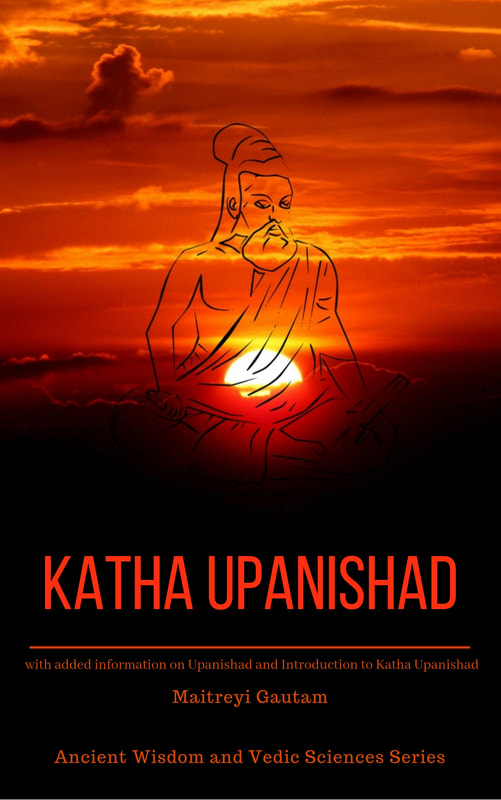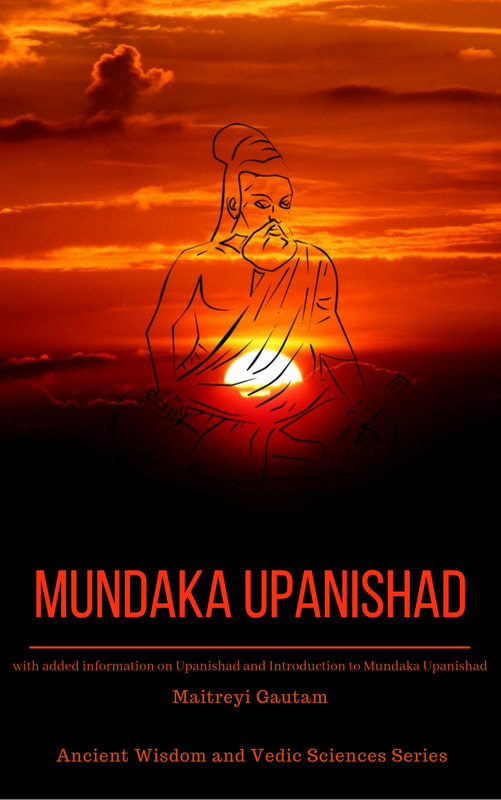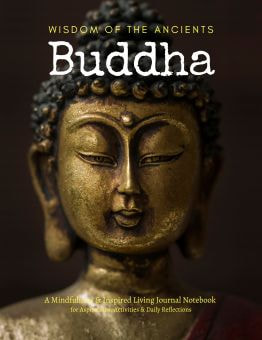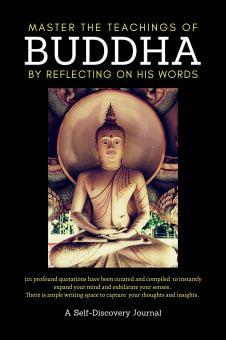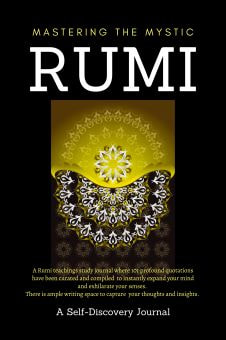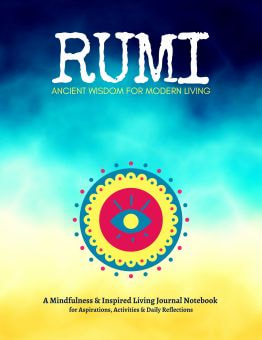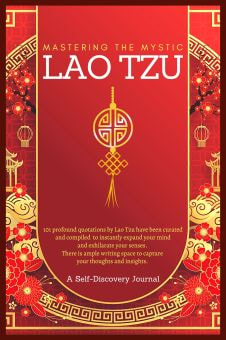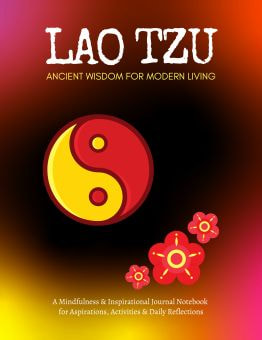"Sanatan" is a Sanskrit word that means eternal, everlasting, or unchanging, and "Dharma" is a multi-faceted word with several meanings, including law, duty, morality, ethics, and religion. So, when combined, "Sanatan Dharma" can be understood as the "eternal religion" or the "eternal way of life."
Here are a few reasons why Hinduism is called Sanatan Dharma:
- Ageless Tradition: Hinduism is considered one of the oldest religions in the world. Its roots can be traced back to the Indus Valley Civilization (around 2000-1500 BCE) and it has been evolving ever since. This long and uninterrupted tradition gives it an eternal quality.
- Universal Principles: Sanatan Dharma is not just a religion but a way of life that espouses universal principles such as truth, non-violence, justice, compassion, and self-discipline. These principles are seen as eternal and unchanging, transcending time and culture.
- Inclusive Philosophy: Hinduism has a very inclusive philosophy. It accommodates a wide range of beliefs, practices, and traditions within its fold. This inclusivity is seen as an eternal characteristic of the religion.
- Endless Cycle of Creation and Destruction: In Hindu cosmology, the universe undergoes an endless cycle of creation, preservation, and destruction. This cyclical view of time gives the religion an eternal quality.
- Continuity of Spiritual Knowledge: The Vedas, the oldest sacred texts of Hinduism, are believed to be a direct revelation of divine knowledge that has existed eternally. This eternal knowledge, passed down through generations, is central to the concept of Sanatan Dharma.
In summary, the term "Sanatan Dharma" reflects the timeless and eternal nature of Hinduism's principles and practices, and its ability to adapt and absorb different ideas while maintaining continuity with its ancient roots.


